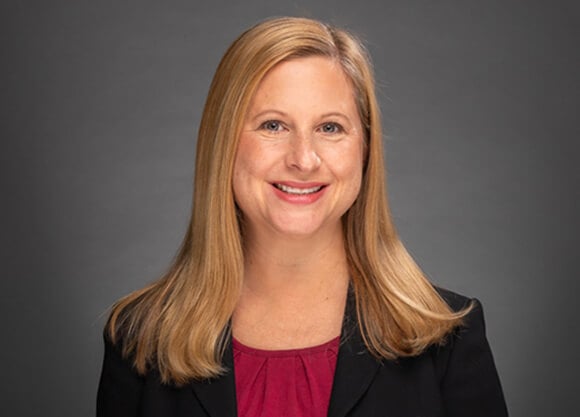
Organizational listening: toward essential values & frameworks for business success
October 06, 2023

October 06, 2023

Although an “architecture of listening” framework guiding organizational listening has emerged to promote effective listening (e.g. Macnamara, 2018), the values and competencies for ethical and equitable listening have received little attention.
My recent research and edited book has found that ethical organizational listening must be championed by:
• leaders who espouse ethical values, particularly associated with care and humility,
• organizational policies that offer guidance for listening and champion DE&I-centered listening values
• organizational structures that intentionally make space for listening and promote equitable dialogue
• mentoring programs and employee resource groups (ERGs) that support ethical and equitable listening (Place, 2019; Place, 2023).
Bowen (2015) has found that organizational leaders in chief executive roles
foster a culture of ethics via authentic leadership, communications channels,
town hall meetings and teambuilding exercises, and rewards and recognition
programs. Research must continue to identify the values that promote organizational listening to establish an ethical and equitable dialogue (Parks, 2019) and more ethical representation of and social equity among the organizational publics (Macnamara, 2018).
I am tremendously grateful for the support of the M&T Bank Center for Women & Business to continue my research on organizational listening. The purpose of my grant-funded study is to identify how leaders, particularly those in Chief Executive Officer (CEO) and Chief Communications Officer (CCO) roles, manage organizational listening.
I’m especially interested in learning how leaders in CEO and CCO roles make meaning of organizational listening practices and how they foster a culture of ethical organizational listening. Particular focus will be given to women-identifying leaders to understand how their lived experiences, challenges/advantages, and values influence their organizational listening leadership approaches.
Quinnipiac Today is your source for what's happening throughout #BobcatNation. Sign up for our weekly email newsletter to be among the first to know about news, events and members of our Bobcat family who are making a positive difference in our world.
Sign Up Now